Rabindranath Tagore’s writings are a time capsule of Bengal’s socio-cultural fabric over a long period of time. Kabuliwala is one of Tagore’s most celebrated works. It is a short story written by Tagore on 1892.
‘Rahmat’ the protagonist of the story is from Kabul and sells dry fruits door to door in Kolkata. Rahmat encounters a little Bengali girl ‘Mini’ in a Bengali house while he was there selling dry fruits. This interaction leads to the genesis of a beautiful human story. Mini reminds Rahmat of his daughter, one he had to leave behind in Afghanistan.
Right from my childhood days, the beautiful relationship of selfless love and emotion between ‘Rahmat’ and ‘Mini’ intrigued me, just like many others from my generation to get to know and interact with the sizable Afghan community in Bengal.
Intrigued by Tagore’s ‘Kabuliwala’ , I planned to be a part of Eid celebrations at Kolkata Maidan where the Afghan population of the city are known to gather each year, the main attraction being the traditional Afghan dance. The first time i got a chance to be there, hundreds of Afghan ‘Kabuliwalas’ had gathered in their traditional attire along with their families and friends, dancing in a circle while clapping hands and singing Afghan folk songs. Another characteristic of these celebrations were the egg sellers who sold colorful eggs. The young Afghan children love playing with these colorful eggs.
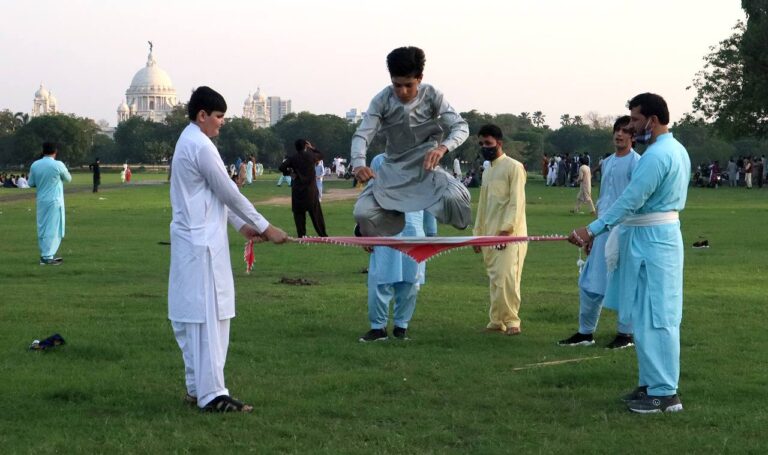
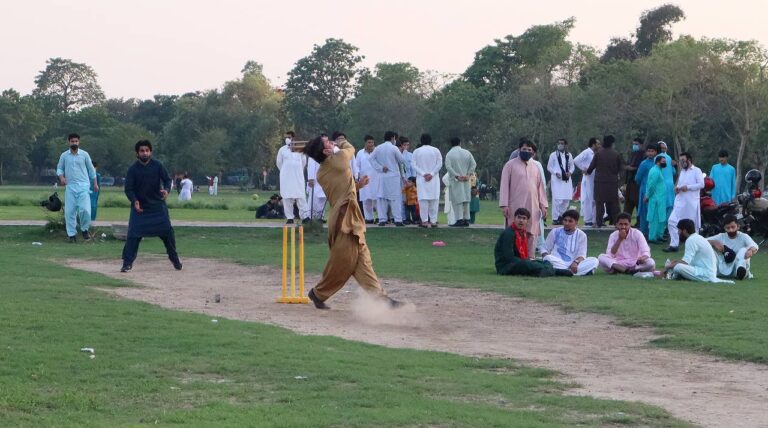
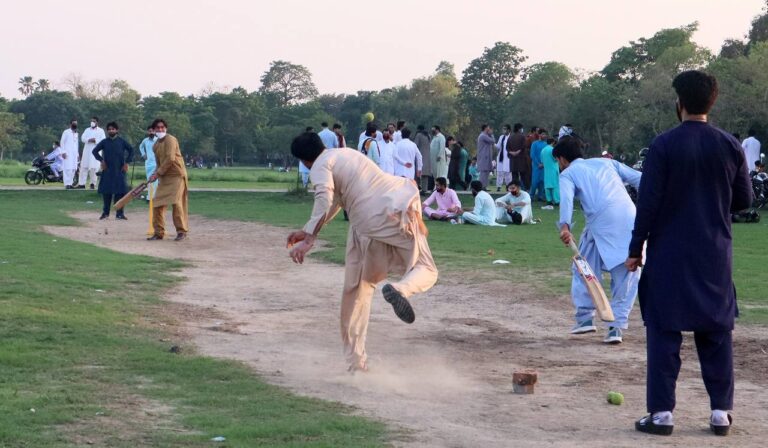
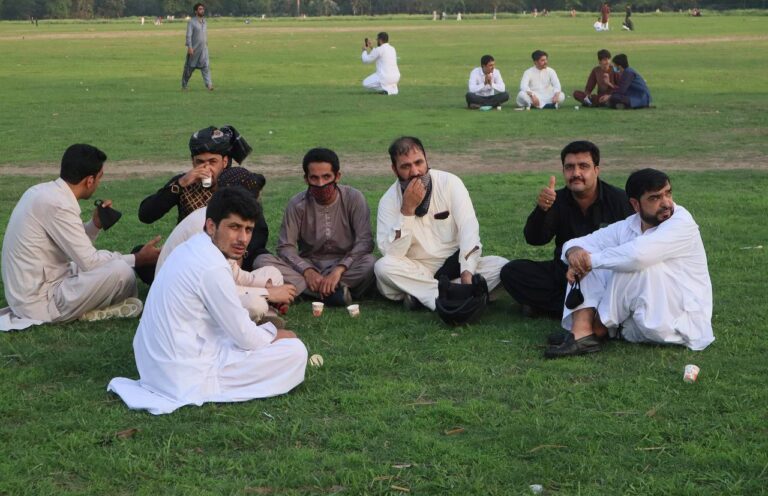
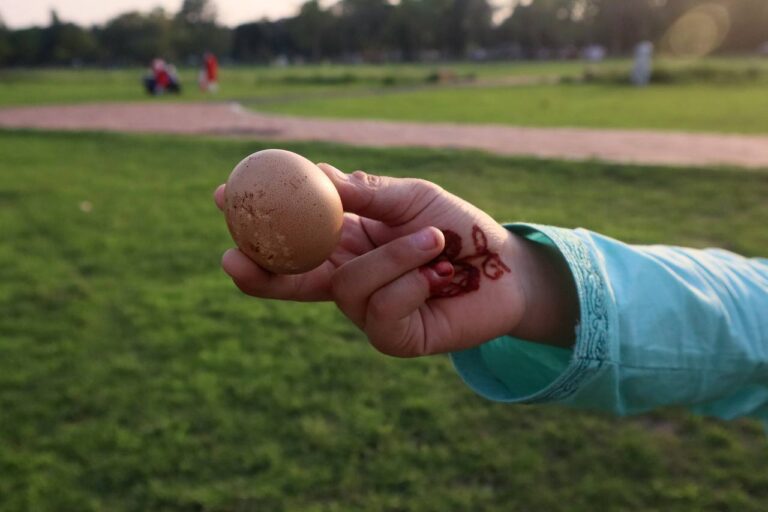
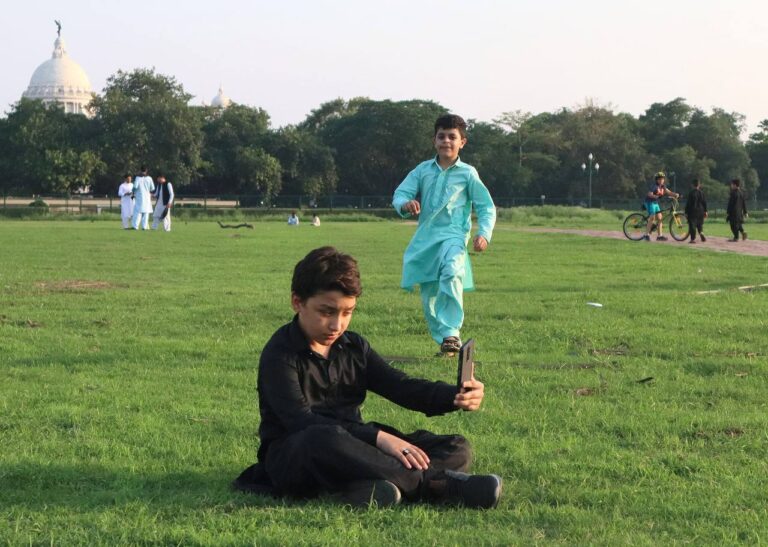
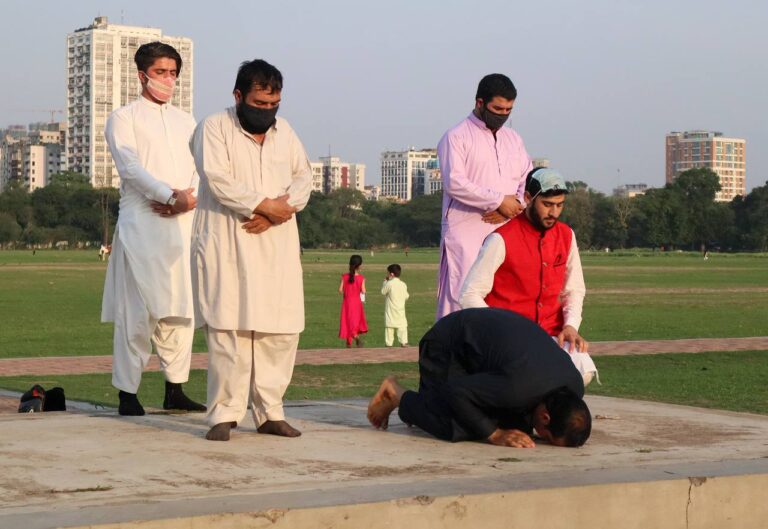
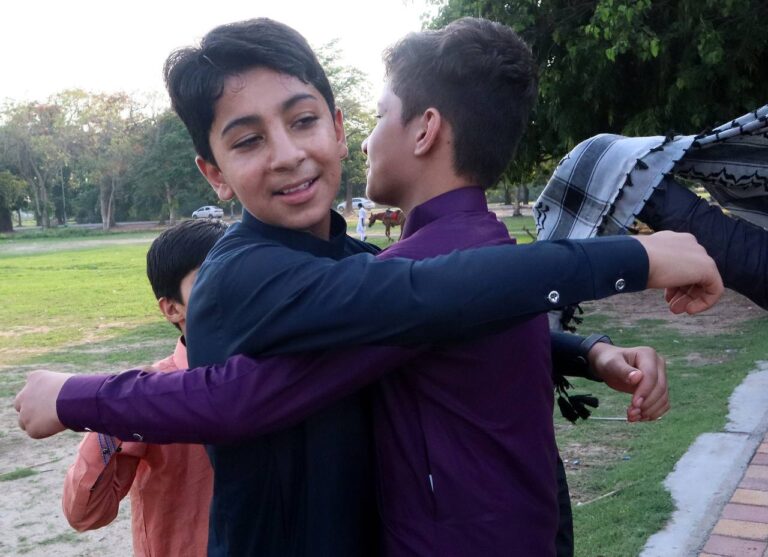
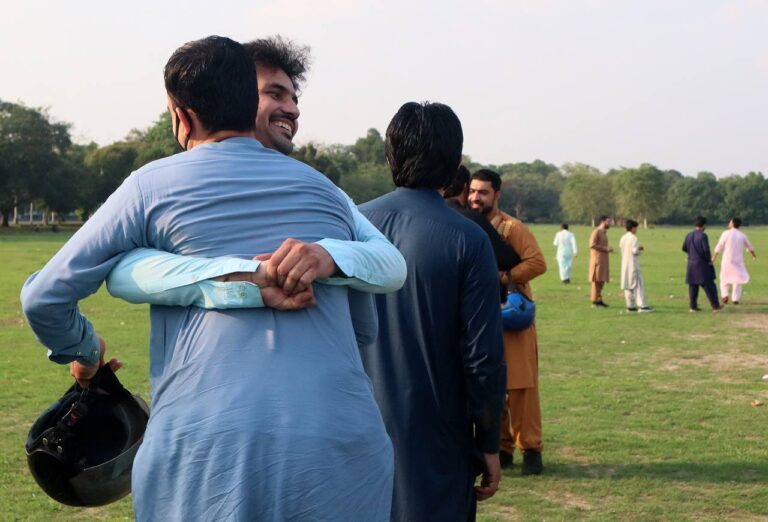
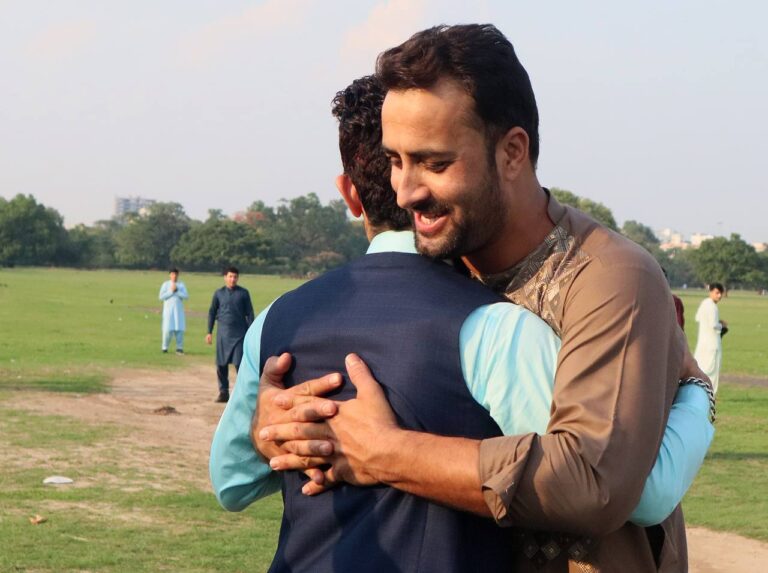
However, the celebrations have been overcast due to the ongoing global COVID-19 pandemic for two years in a row now.
“These all have become memories now. Approx 60,000 Afghans stays here in West Bengal. All of us have become Indian now, though we belongs to Afghanistan. We are the fourth generation living in India. Each year we come here and meet each other. Dance and celebrate the day. The festivities lasted for three days.
However, in the last two years none of the dance, games and activities are going on due to lockdown and the pandemic situation, now we just wish each other and spend sometime together. Because the dance has been prohibited due to COVID-19 protocols, the youngsters are busy playing cricket and some other physical activities like jumping etc.”, said Ehmat Khan present at the Kolkata maidan with his children for Eid celebrations.
As the day passed by, along came the sunset. I saw Ehmat and his friends going back to their homes after embracing each other in a warm hug hoping and praying to have “more normal” sic. celebrations next year, just like the Pre-COVID-19 times.
Photography by: Arpita Dey
Edited by: Raghujit S. Randhawa


4 Comments
Arpita this story is so moving. We have been really missing the warmth of human relations in pandemic times. and your photographs just made me feel a bit of it…Kind of emotional after having a look at the restrained version of celebrations, which is yet vibrant in its colours with a backdrop of green.
Thanks a lot NK for your views on my photographs. Your comment has made my work succeed.
Arpita ji, the begining of the article, citing kabuliwala by Tagore and landing into the main story is well connected and felt worth reading.
Festivities celebrated within one’s own community is the most cherished one, especially when in a land away from home.land.
Thank you for giving voice to their emotions.
Thanks a Usha Ji for your comment and sharing your feelings…